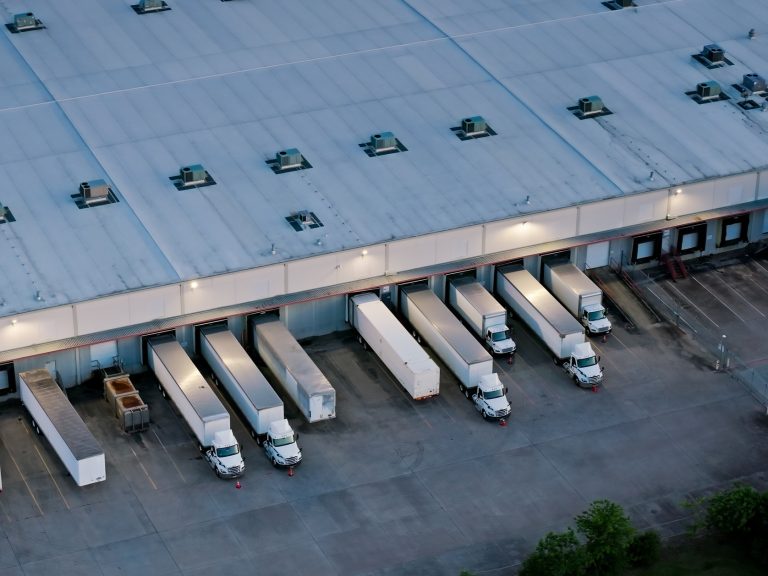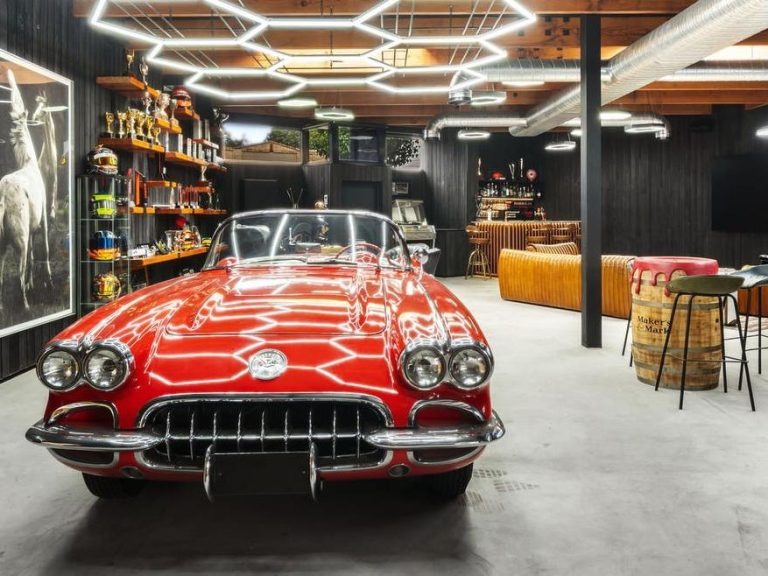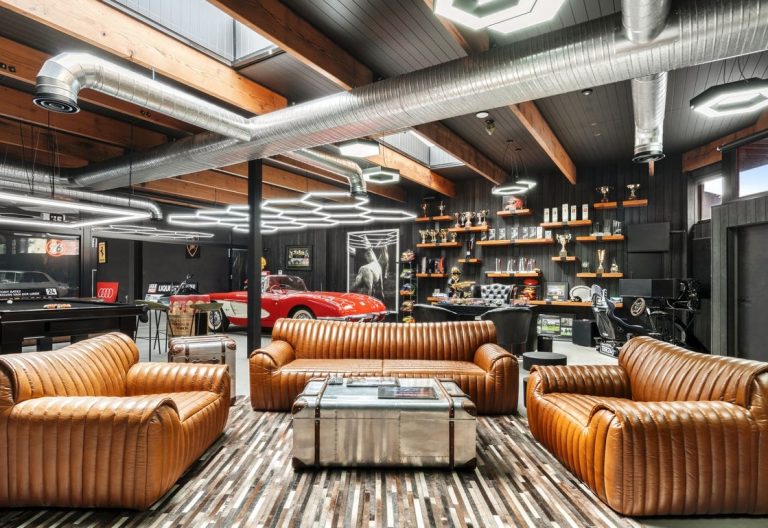South Geelong warehouses lined with features snapped up

Warehouses 1, 2 and 3/10-12 Raptor Place, South Geelong, have sold before titles are ready.
The battle for buyers of industrial warehouses has developed into an arms race as businesses transform the use of the humble shed.
What was once a steel shed has transformed into modern precast concrete tilt-panel constructions with high internal rooflines.
But the battle to maximise returns for developers has turned to the office space, which has become as relevant to occupants as the warehouse or factory area.

Warehouses 1, 2 and 3/10-12 Raptor Place, South Geelong, have sold before titles are ready.
RELATED: Why Geelong’s western suburbs are hitting the heights for buyers
What’s behind Geelong’s boom in industrial warehouse construction
HomeBuilder: Regional Victoria, Wyndham big winners from grants
Gartland Property, Geelong agent Michael De Stefano has completed the sale of three warehouses in a new South Geelong development before titles become available.

Warehouses 1, 2 and 3/10-12 Raptor Place, South Geelong, have sold before titles are ready.
The warehouses at 10-12 Raptor Place have sold for a combined $2.69m.
“We had three there and they’ve all sold within a handful of weeks,” Mr De Stefano said.
“If you have a look at stock levels commercially, they are pretty tight. One of those people that has bought there is an owner-occupier, the other two are investors.
“The industrial market over the COVID period was probably the one that stood up the most. It actually probably increased in value over the COVID period,” he said.

Warehouses 1, 2 and 3/10-12 Raptor Place, South Geelong, have sold before titles are ready.
“I think investors really turned sharply towards industrial because the tenancies were predominantly unaffected by the moratoriums (on working on site) and your deferrals and waivers (of rent).
“You still get the benefits of your tenants paying your outgoings. The rent are net rents. There is little maintenance to do and you’re getting a strong 5.5 to 6 per cent yield.

Warehouses 1, 2 and 3/10-12 Raptor Place, South Geelong, have sold before titles are ready.
“When you put it bluntly like that, it’s a bit of a no-brainer.”
The largest 464sq m warehouse with dual frontage roller door access sold for $1.08m, with the other 322sq m warehouses achieving $805,000.
The smaller warehouses achieved a $2500/sq m land rate.
Mr De Stefano said Geelong’s BMI Developments built the warehouses.

Warehouses 1, 2 and 3/10-12 Raptor Place, South Geelong, have sold before titles are ready.
“They’re very good at what they do. The level of fit-out for an industrial property was more than what you normally get – they had all the airconditioning, electric gates, alarm systems, stone benches to kitchenettes and tiled entrances.
“Normally in an industrial area, you just walk in to a shed with a kitchen sink in the corner.”
But as businesses co-locate their administration and warehousing, the better product is becoming more prevalent.
“The kitchen ups the ante and creates a point of difference,” he said.







